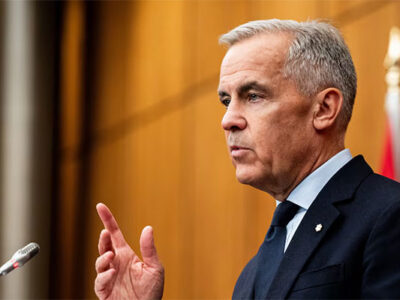IndustryWeek | Abu Dhabi –
The United Arab Emirates on Monday downplayed fears that the fall in oil prices could negatively impact the development of renewable energy projects.
“Our interconnected energy landscape has evolved beyond the point where the price of oil determines the fate of clean energy,” said minister of state Sultan al-Jaber who is also chairman of Masdar, Abu Dhabi’s renewable energy company.
Oil prices have fallen by almost 60 percent since June, crashing on worries over global oversupply and weak demand in a faltering world economy.
Participants at the International Renewable Energy Agency (IRENA) conference in oil-rich Abu Dhabi on Saturday had voiced concerns that the trend could spell doom for plans to shift to clean energy.
Speaking at the World Future Energy Summit opening ceremony in Abu Dhabi, Jaber said that globally, investments in clean energy have increased by 16 percent during the past 12 months amounting to $310 billion.
Meanwhile, production capacity of wind turbines and solar energy panels increased by 26 percent during the same period, producing 100,000 megawatts.
Renewable energy has shifted “from an expensive alternative to a competitive technology,” said Jaber. “This growth has been driven by the sharp decline in cost and steady rise in technology efficiency.”
The Emirati official called for seizing the opportunity of falling oil prices to cut fuel subsidies that, according to him, cost the world $550 billion in 2013.
Renewable energy, which relies on solar, wind and other sources, is essential for meeting global CO2 emission targets.
The energy summit that opened on Monday is part of a series of events organised under the banner of Abu Dhabi Sustainability Week, including also an International Water Summit.
In March last year, Abu Dhabi opened the world’s largest operating plant of concentrated solar power, which has the capacity to provide electricity to 20,000 homes.
On Sunday, the Abu Dhabi Fund for Development said it will provide $57 million worth of concessional loans for clean energy projects in five developing countries, including Iran.
The Gulf region is one of the world’s richest areas in sunshine but lagging far behind several other countries in harnessing the energy.














Comments